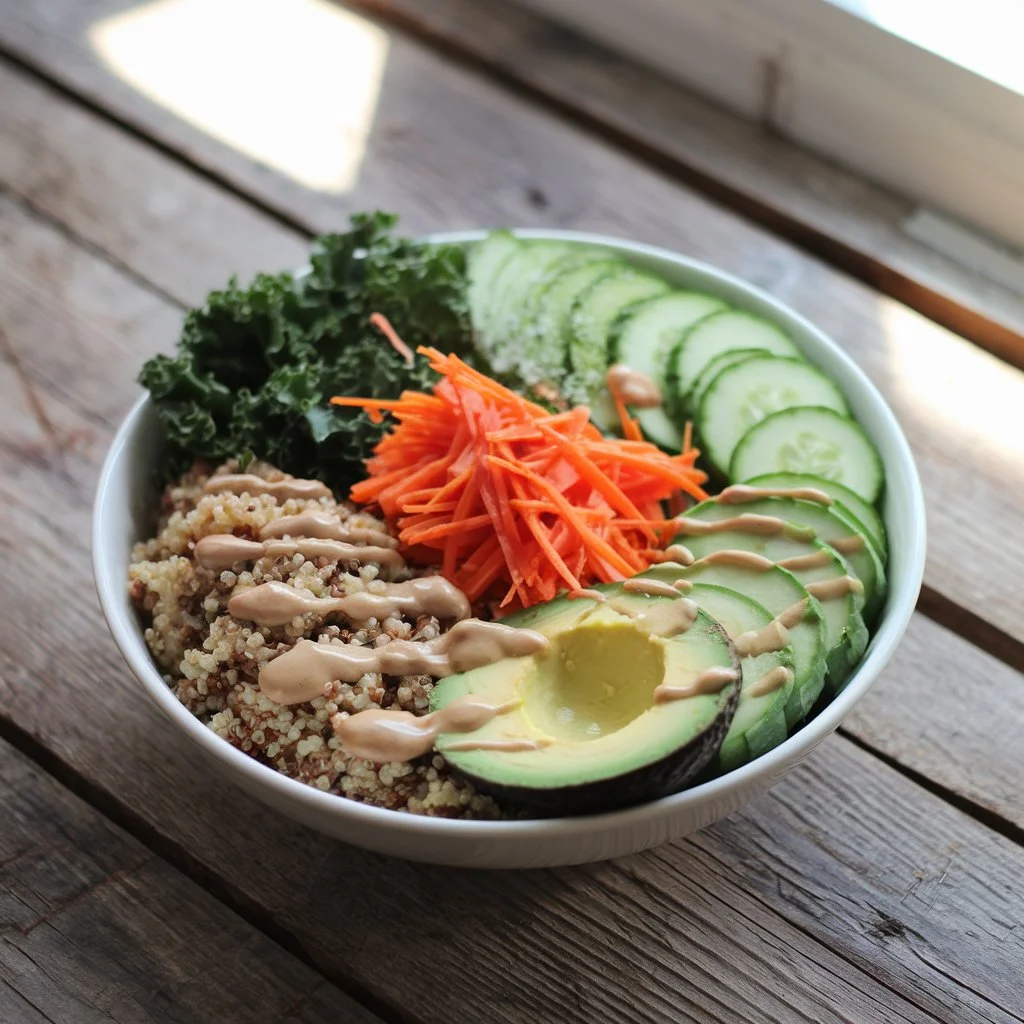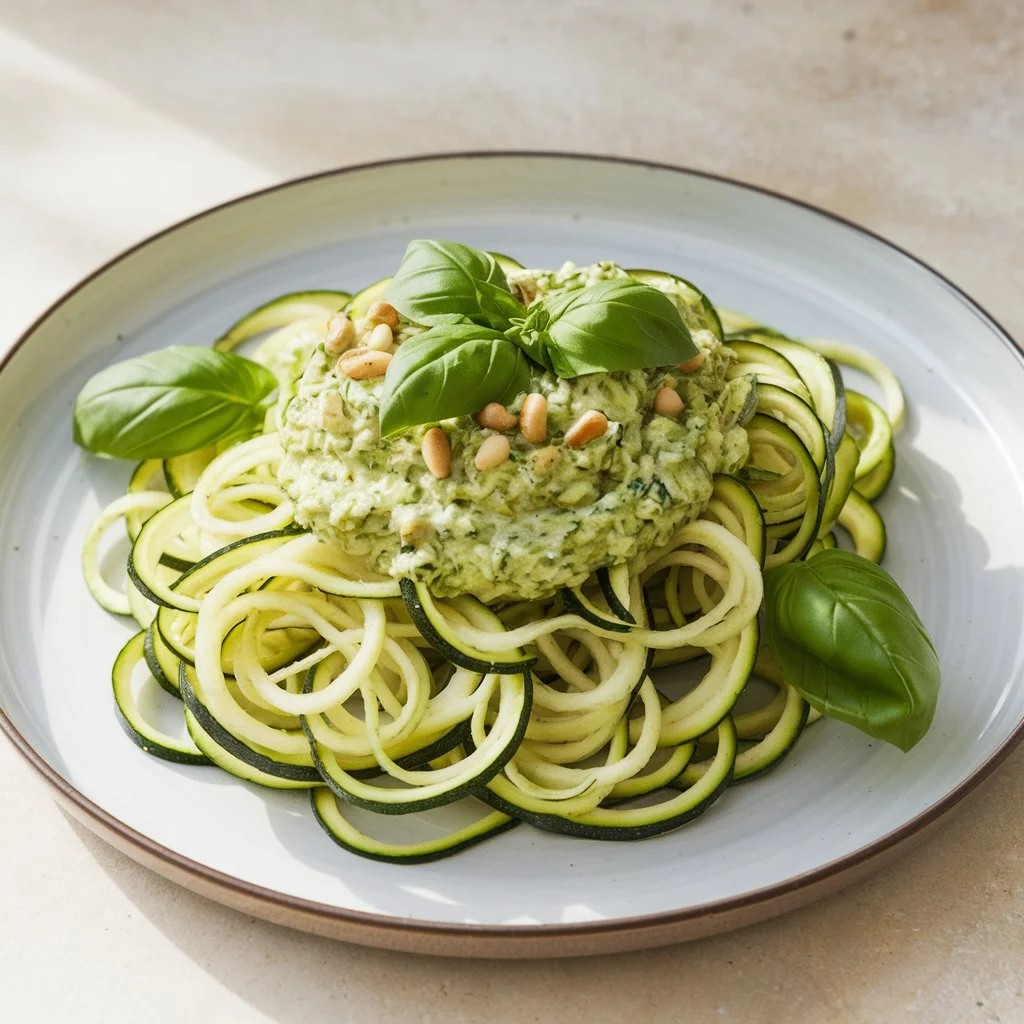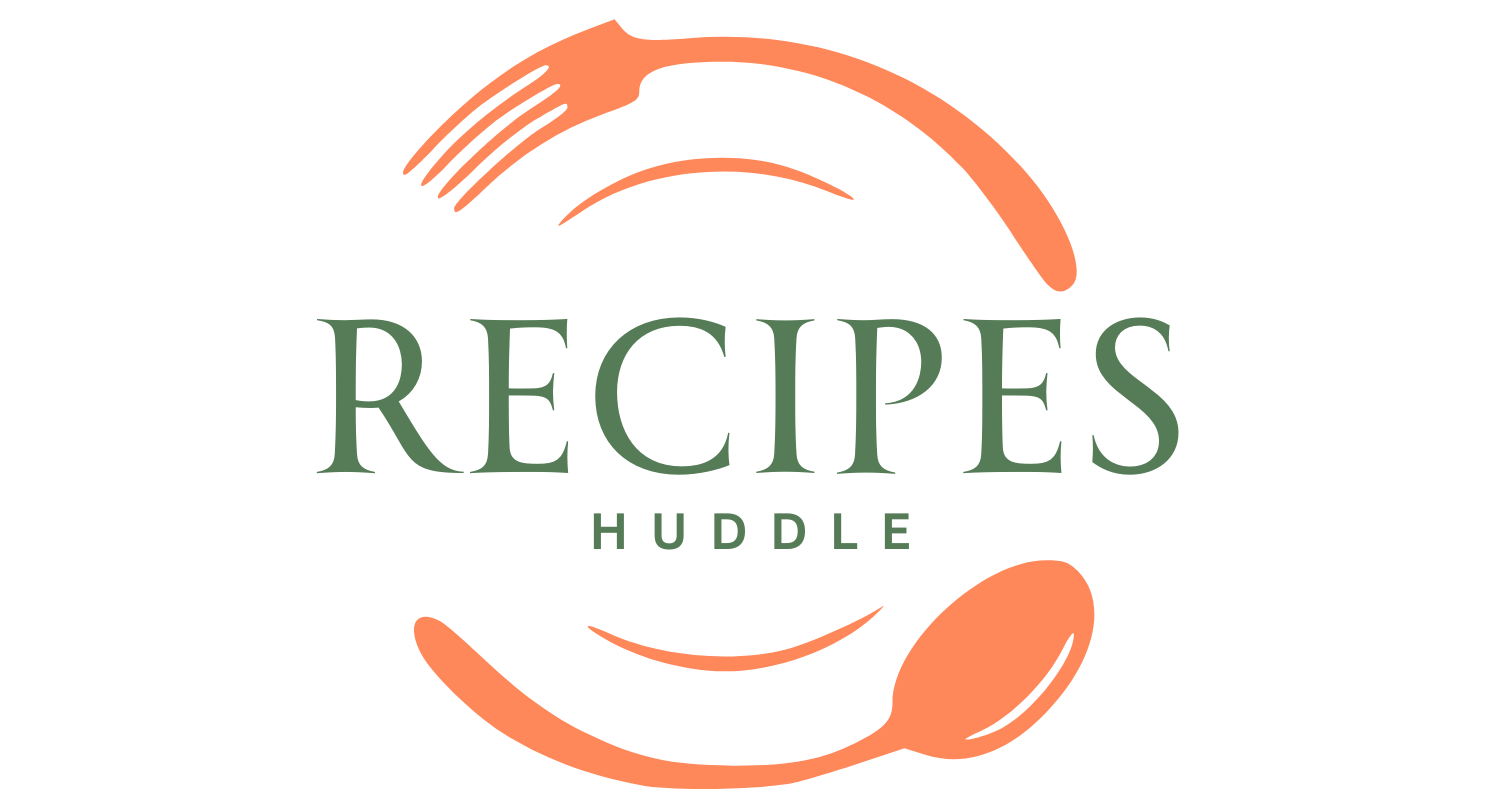Transitioning to a raw and vegan lifestyle can feel like a daunting task, but it’s one of the most rewarding things you can do for both your health and the planet. Whether you’re just starting or have already taken a few steps toward embracing plant-based living, the idea of combining raw and vegan foods might seem overwhelming. But fear not! This guide is designed to help you navigate the world of raw and vegan recipes with ease. You don’t need to be an expert in the kitchen or have a fridge full of fancy ingredients to enjoy delicious, nourishing meals. Let’s explore how raw and vegan recipes can be a delightful part of your daily routine!
Table of Contents
What Are Raw and Vegan Recipes?
Before we dive into the Raw and Vegan recipes, let’s first clarify what raw and vegan eating actually involves. The terms “raw” and “vegan” are often used together, but they refer to different aspects of a diet.
Raw Veganism
Raw veganism is a lifestyle choice where you consume plant-based foods that are not cooked. The idea is to eat foods in their most natural, unaltered state, without heat exposure above 118°F, which can destroy enzymes and essential nutrients. Foods like fruits, vegetables, nuts, seeds, and sprouts form the backbone of a raw vegan diet.
Veganism
Veganism, on the other hand, refers to a plant-based diet that excludes all animal products. No meat, dairy, eggs, or honey. This way of eating is not just about health but also about ethical reasons, like animal rights and environmental concerns.
Raw vs. Cooked
So, what’s the difference between raw and cooked vegan foods? Raw foods are packed with nutrients and enzymes that help in digestion and are more easily absorbed by your body. Plus, many raw vegan recipes are incredibly quick and easy to make, meaning you can enjoy nutritious meals without spending hours in the kitchen.
Health Benefits of Raw and Vegan Recipes for Beginners
One of the main reasons people decide to try a raw and vegan diet is the multitude of health benefits that come with it. These benefits don’t just apply to long-term vegans—they can be felt almost immediately after you switch up your eating habits.
1. Improved Digestion
Eating raw foods means you’re consuming more fiber and enzymes, which help your body break down food more efficiently. This can result in improved digestion, less bloating, and even a reduction in food sensitivities or intolerances. Since raw food retains its natural enzymes, they also support the gut in digesting food properly.
2. Increased Energy Levels
A raw and vegan diet is packed with vitamins, minerals, and antioxidants, all of which contribute to sustained energy throughout the day. Many raw and vegan foods are low in fat and sugar, which means you avoid energy crashes caused by processed foods and caffeine.
3. Weight Loss
Because raw vegan foods are naturally low in calories but high in fiber, they can help with weight loss. These foods keep you feeling full for longer without the extra calories that come with processed or animal-based foods. Incorporating raw vegan meals into your diet can promote healthy weight management.
4. Detoxification
A raw and vegan diet can help cleanse your body by eliminating processed foods, artificial additives, and unhealthy fats. By consuming nutrient-dense plant-based foods, you’re supporting your body’s natural detox process, helping your liver and kidneys eliminate toxins more efficiently.
Getting Started with Raw and Vegan Cooking
The idea of raw and vegan recipes might sound intimidating at first, but once you get the hang of it, it becomes a lot easier and much more enjoyable. Below are a few key tips to help you get started.
Stock Your Pantry with the Essentials
When you start your raw vegan journey, having the right ingredients on hand can make all the difference. Here’s a list of essential pantry items you’ll want to stock up on:
- Fruits: Apples, bananas, berries, oranges, and avocados are great to have on hand.
- Vegetables: Leafy greens like kale, spinach, and lettuce, along with cucumbers, carrots, and bell peppers, are versatile for salads and smoothies.
- Nuts and Seeds: Almonds, walnuts, cashews, sunflower seeds, and chia seeds are excellent sources of healthy fats and protein.
- Superfoods: Spirulina, maca powder, and nutritional yeast can be added to smoothies or used in dressings for an extra boost of nutrients.
- Grains: Quinoa, millet, and buckwheat are great grains to include for salads, bowls, and wraps.
Tools You’ll Need
You don’t need a ton of special equipment to prepare raw vegan meals, but a few essential tools can help make things easier:
- Blender or Food Processor: These will become your best friends for making smoothies, sauces, and soups.
- Sharp Knives: Raw vegan food often involves lots of chopping, so a good set of knives will help speed up the process.
- Spiralizer: This tool is perfect for turning zucchini and other vegetables into raw “noodles.”
Building Confidence in the Kitchen
If you’re new to raw vegan cooking, start simple. Choose a few easy recipes and experiment. You don’t need to be perfect from the start. As you practice, you’ll learn which flavors you enjoy and how to combine different ingredients to make satisfying meals. Soon, raw and vegan meals will become second nature.
Top Raw and Vegan Recipes for Beginners
Now that you know the basics of raw and vegan eating, let’s dive into some easy and delicious recipes that you can try at home. These dishes are simple to make, packed with flavor, and perfect for beginners.

1. Raw Vegan Buddha Bowl
Buddha bowls are versatile, nutrient-dense, and easy to assemble. A classic raw vegan Buddha bowl can be made with quinoa, vegetables, avocado, and a tasty dressing.
Ingredients:
| Ingredient | Quantity |
|---|---|
| Quinoa | 1 cup |
| Avocado | 1 |
| Kale | 1 bunch |
| Carrots (shredded) | 1 cup |
| Cucumber | 1 |
| Tahini Dressing | 2 tbsp |
Instructions:
- Cook the quinoa according to package directions and let it cool.
- Slice and chop the vegetables: avocado, kale, carrots, and cucumber.
- Arrange everything in a bowl and drizzle with tahini dressing for extra flavor.
- Enjoy your refreshing and nutrient-packed Buddha bowl!

2. Raw Zucchini Noodles with Pesto
If you’re missing pasta but want a raw and vegan version, zucchini noodles are the perfect solution! Pair them with a creamy raw pesto for a satisfying meal.
Ingredients:
| Ingredient | Quantity |
|---|---|
| Zucchini | 2 |
| Basil | 1 cup |
| Garlic | 2 cloves |
| Olive oil | 2 tbsp |
| Pine nuts | 1/4 cup |
| Lemon juice | 1 tbsp |
Instructions:
- Spiralize the zucchini into noodles and set aside.
- Blend basil, garlic, olive oil, pine nuts, and lemon juice in a blender until smooth.
- Toss the zucchini noodles with pesto sauce and serve.

3. Raw Vegan Energy Balls
These little bites are perfect for a snack on the go. Packed with protein, fiber, and antioxidants, they’ll keep you energized throughout the day.
Ingredients:
| Ingredient | Quantity |
|---|---|
| Dates | 1 cup |
| Almonds | 1/2 cup |
| Oats | 1 cup |
| Chia seeds | 1 tbsp |
| Cacao powder | 1 tbsp |
Instructions:
- Blend all the ingredients in a food processor until finely chopped.
- Roll the mixture into small balls.
- Place the balls in the refrigerator for 30 minutes to firm up.
- Snack away and enjoy the boost of energy!
How to Stay Consistent with Raw and Vegan Recipes
Consistency is key when it comes to adopting a raw and vegan lifestyle. Here are a few tips to help you stay on track:
1. Meal Prep
Meal prepping is one of the best ways to ensure you always have something healthy to eat. By preparing your ingredients or meals in advance, you’ll save time and avoid the temptation of unhealthy snacks.
2. Experiment with Flavors
Raw and vegan food can be incredibly flavorful if you get creative. Experiment with different herbs, spices, and dressings to keep your meals exciting. You can even try making your own nut butters or raw vegan crackers.
3. Find Support
Join raw vegan communities online or connect with others who are on the same journey. Having a support system can help keep you motivated and inspired.
FAQ About Raw and Vegan Recipes for Beginners
What are the best raw foods for beginners?
Start with easy-to-eat fruits and vegetables like cucumbers, apples, bananas, and avocados. These foods are simple to incorporate into your meals and offer a great introduction to raw eating.
Can I eat cooked food on a raw vegan diet?
While raw veganism focuses on uncooked foods, some people prefer lightly warming their foods below 118°F. The goal is to retain the enzymes and nutrients found in raw foods.
How do I get enough protein on a raw vegan diet?
There are plenty of plant-based sources of protein, including hemp seeds, quinoa, almonds, and lentils (sprouted). Incorporating these into your meals ensures you get the protein you need.
Conclusion: Start Your Raw and Vegan Journey Today!
Switching to a raw and vegan lifestyle is a big decision, but it’s one that can bring incredible benefits to your health and well-being. With the right ingredients, tools, and recipes, you can easily make the transition and start feeling the positive effects right away. So, why wait? Begin exploring the delicious world of raw and vegan meals today! Try out these beginner-friendly recipes, experiment with flavors, and enjoy the vibrant energy that comes with eating whole, plant-based foods.
Ready to take the first step? Get cooking, get creative, and embrace the raw vegan lifestyle!


1 thought on “Healthy 3 Raw and Vegan Recipes for Beginners: Delicious, Nutritious, and Easy to Make”